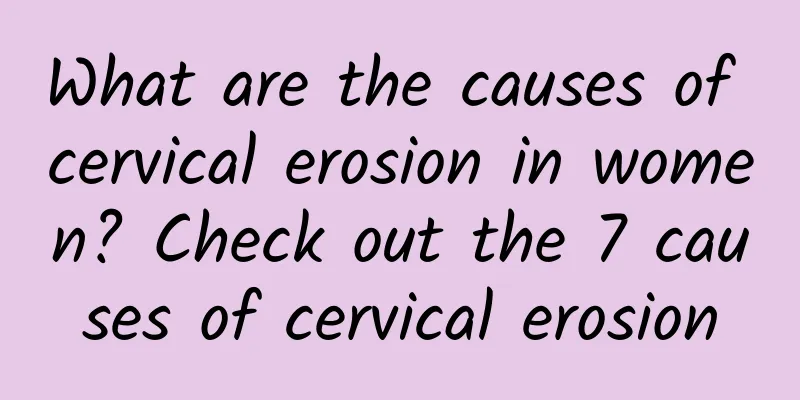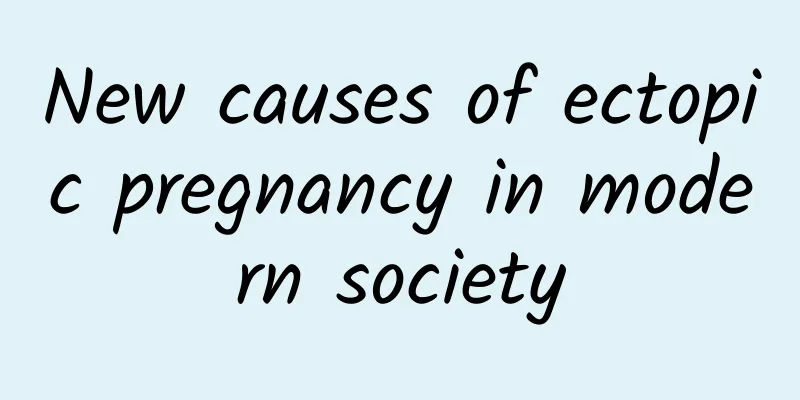What causes recurrent miscarriage? Learn more about it through the following content

|
Spontaneous miscarriage is a huge blow to every family who hopes to have a child. Occasional spontaneous miscarriage is related to women not paying attention after pregnancy, but if spontaneous miscarriage occurs more than twice while paying attention, it is a disease. Spontaneous miscarriage more than twice is called recurrent miscarriage. Recurrent miscarriage is related to female reproductive diseases, female endocrine system and the immune system of both men and women. In most cases, women are very careful after pregnancy, but even if they are very careful, they may still have spontaneous abortions, especially women who often have miscarriages. Even if they are very careful, they may still have recurrent miscarriages. This kind of recurrent miscarriage is very harmful to women's bodies and families. So what causes recurrent miscarriage? You can learn about this issue through the following content. |
<<: Which is better for abortion, local anesthesia or general anesthesia? What are their advantages?
>>: What are the symptoms of uterine infection after abortion? These 3 symptoms will appear
Recommend
Experts answer common hazards of cervical erosion
With the increasing number of patients with cervi...
2 Dietary Recipes for Post-abortion
There are many effective treatments for patients ...
Eggs are a great way for girls to lose weight and slim their waist! Which is better, eating raw or cooked?
The "all-purpose food" that is indispen...
Four common examination methods for uterine fibroids
The examination method of uterine fibroids plays ...
COVID-19 is so bad! Nutritionists teach you how to improve your immunity through diet
COVID-19, which has brought the world to a stands...
Can I eat roasted meat if I have abnormal leucorrhea?
When leucorrhea is abnormal, special attention sh...
Poor muscle strength, feeling tired after 10 minutes of exercise ~ Eat more soybeans to supplement branched-chain amino acids
Your whole body is flabby, and you want to streng...
Two and a half weeks after the abortion, I had some more bleeding
If you have bleeding again two and a half weeks a...
To get rid of stress-induced obesity, first take care of your autonomic nervous system! Chinese Medicine Practitioner Zhou Zonghan: "This 1 trick" helps relieve emotions
Obesity is most likely caused by too much stress!...
Can dysmenorrhea heal itself after marriage?
When you have dysmenorrhea, there are always elde...
Analyze the symptoms of severe chronic cervicitis for you
As the incidence of chronic cervicitis increases ...
What should women with cervical erosion pay attention to in their diet? Women with cervical erosion need to pay attention to three points in their diet
Gynecologists say that it is not enough to just t...
What to do if pelvic inflammatory disease recurs
Pelvic inflammatory disease is a terrible nightma...
What is the situation of heavy bleeding during miscarriage? What are the complications of heavy bleeding during miscarriage?
Many female friends who are pregnant without bein...
What are the early symptoms of ectopic pregnancy?
What are the early symptoms of ectopic pregnancy?...









